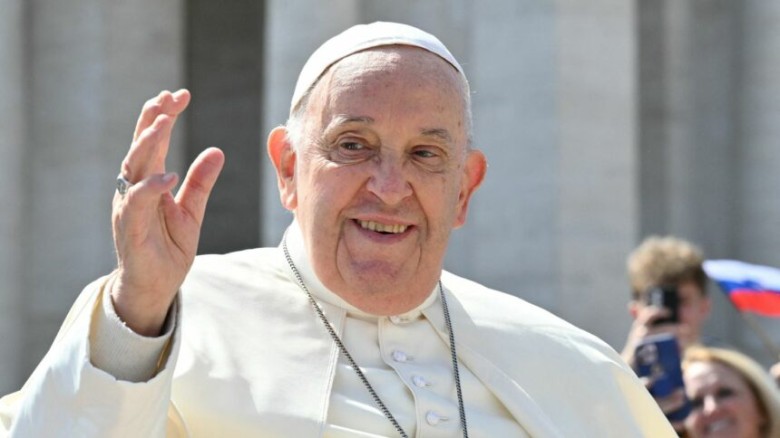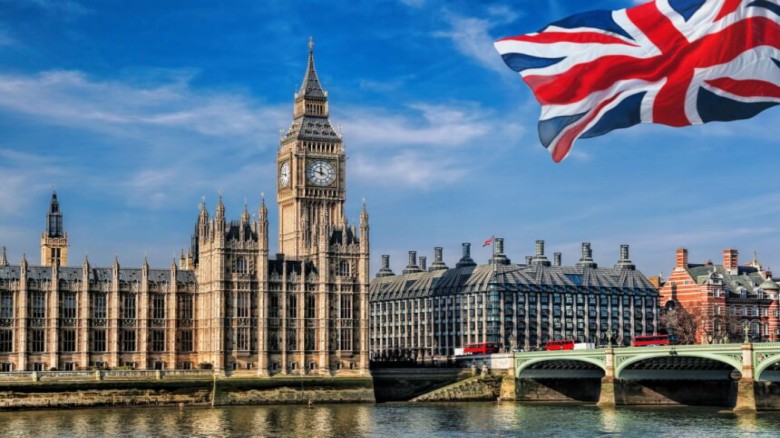IMF calls for review of 2007 Act
The International Monetary Fund has requested that the Central Bank of Nigeria Act 2007 be reviewed in order to strengthen the bank's autonomy and governance.
IMF made the call in the latest report titled 'Nigeria: 2022 Article IV Consultation-Press Release; Staff Report; and Statement by the Executive Director for Nigeria'.
The call for a modern review of the CBN Act 2007 comes at a time when the bank's independence is being questioned over its naira redesign policy.
Following the Supreme Court's recent order to suspend the ban on the old N1000, N500, and N200 notes, many have questioned the court's authority and the CBN's independence.
The Speaker of the House of Representatives, Femi Gbajabiamila, recently stated that regardless of the CBN's ostensible independence, the apex bank was still bound by law.
"Many have argued on CBN independence - CBN autonomy," he said. That does not exempt CBN from the law. The constitution grants the House the authority to issue an arrest warrant against anyone; we can summon anyone, which is exactly what the House planned to do until the CBN governor arrived. So we're keeping an eye on things and keeping a close eye on them."
However, the IMF emphasized the importance of maintaining the central bank's independence in order to make price stability the bank's primary goal.
It also urged the CBN to resume publishing its annual financial statements and to adhere to international standards.
The report read partly, "To strengthen the central bank's autonomy and governance and to establish price stability as its primary objective, the 2007 CBN Act needs to be modernised.
"The CBN's financial reporting practices should be bolstered through full adoption of International Financial Reporting Standards and resumption of publication of annual financial statements. More broadly, the CBN should take steps to implement the assessment's recommendations (the 2021 Safeguards assessment), as progress has been slow thus far."
The IMF also emphasized the importance of strengthening the central bank's autonomy by reducing the presence of government officials on the apex board and committees, as well as protecting central bank officials' independence and tenure.
"A CBN safeguards assessment was completed in April 2021, but progress on implementation of recommendations has been slow. Internal and external audit mechanisms at the CBN generally adhere to international standards.
"However, the CBN Act needs to be modernised to enshrine price stability as the primary objective, strengthen the central bank's autonomy including by reducing the presence of government officials at the board and the CBN's committees, and by safeguarding the independence and tenure of central bank officials. Legal amendments should also include provisions for independent oversight of the CBN, such as the formation of a majority non-executive board and an audit committee independent of executive management.
"Financial autonomy should be safeguarded through clear statutory limits on credit to government and prohibition of quasi-fiscal operations and developmental lending activities, which need to be phased out. Financial reporting practices must be strengthened through the full adoption of International Financial Reporting Standards and the resumption of annual financial statement publication. "Thus far, there has been little progress in implementing the recommendation, and staff continues to engage with the authorities on these issues," the report stated.
The IMF also urged the CBN to reduce some quasi-fiscal activities that had grown rapidly since the pandemic.
It was noted that, while some of these activities, such as the Anchor Borrowers' Programme, which extends credit to farmers, fill a gap in the market, there were efficiency concerns.
It also warned that an excessive expansion of quasi-fiscal activities would exacerbate financial repression, undermine the credibility of the CBN's price stability mandate, and exacerbate the tendency to monetise fiscal deficits.
























Leave A Comment